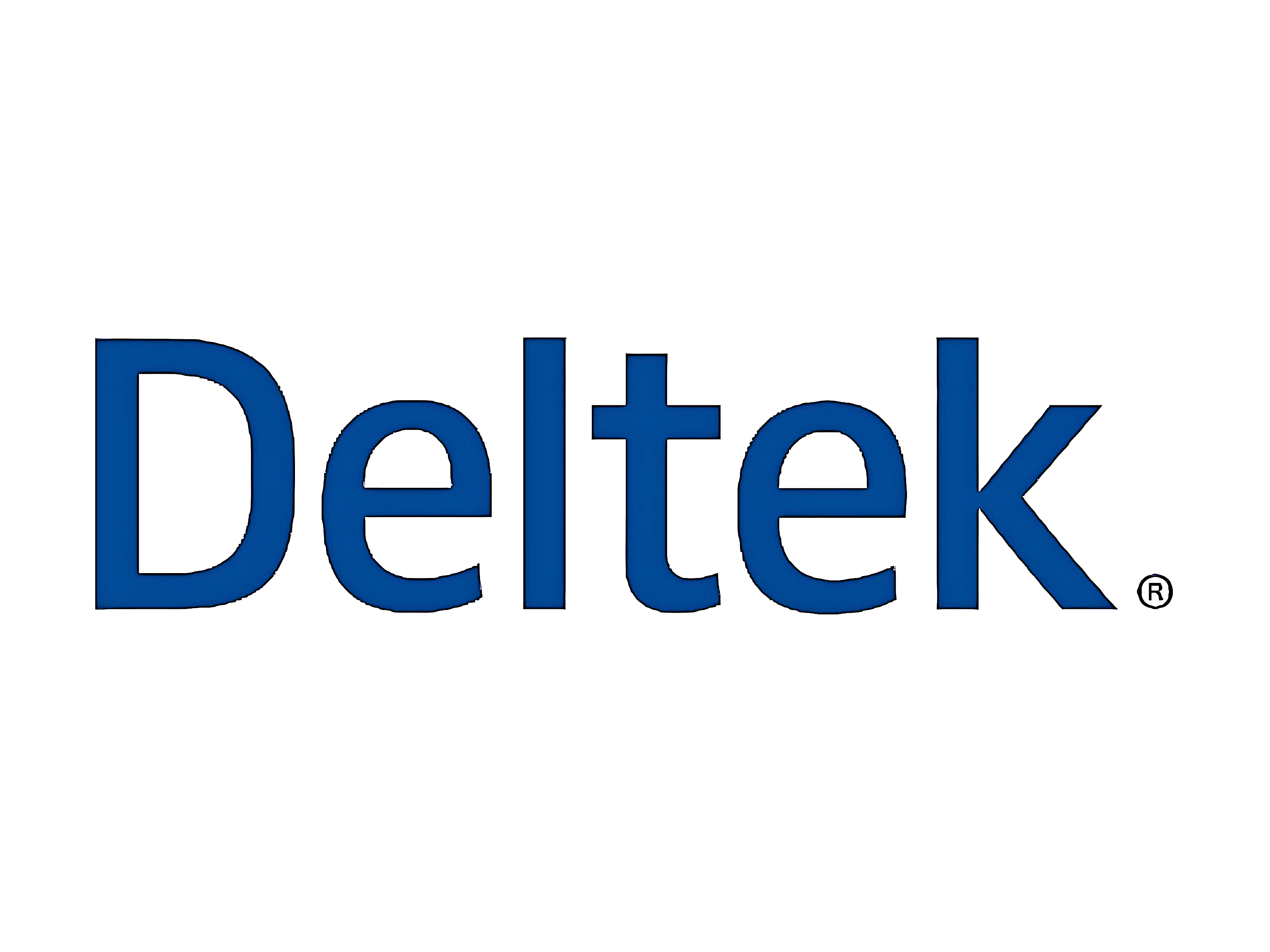How Monograph Accounting Reduces Errors and Saves Time in Your Firm
Wiki Article
Exploring the Trick Attributes of Monograph Audit for Effective Accountants

Specifying Monograph Bookkeeping: A Comprehensive Review
Monograph accountancy represents a specific strategy within the wider field of economic coverage. This technique stresses the comprehensive and organized paperwork of economic transactions and their implications. Unlike standard audit, Monograph audit is commonly tailored to details industries or one-of-a-kind circumstances, providing a focused structure for evaluation and coverage. It allows accountants to dive deeper right into specific areas, offering a detailed view that straightens very closely with business purposes.A vital feature of Monograph bookkeeping is its versatility; it can include numerous audit standards and practices as required. This adaptability makes it possible for accountants to produce records that are not only exact however also pertinent to stakeholders. The technique often includes considerable research and assessment of financial data, making sure that every facet is thoroughly comprehended and recorded. Thus, Monograph bookkeeping offers as an important device for accountants aiming to supply informative financial evaluations tailored to details contexts.
The Significance of Quality and Precision in Financial Reporting

Vague or incorrect coverage can result in illinformed techniques, wore down trust among investors, and regulative examination. Therefore, accountants need to prioritize precision in their work, making certain that figures are carefully validated and economic narratives are meaningful. This not just promotes openness however additionally boosts the total reliability of the organization.
Ultimately, quality and accuracy in monetary reporting are indispensable for preserving stakeholder confidence and promoting lasting company development. Accounting professionals play a critical duty in promoting these requirements, making their proficiency vital in navigating the complexities of monetary information.
Enhancing Decision-Making Procedures Through Monograph Accounting
Performance in decision-making procedures is dramatically boosted via the concepts of Monograph bookkeeping. By combining extensive financial data right into a particular, systematic structure, accounting professionals can promptly access critical information required for informed choices. This method reduces the moment invested in information retrieval and interpretation, allowing for an extra agile reaction to financial situations.Monograph accounting stresses clear classification and thoughtful organization of monetary transactions, which lessens errors and miscommunication. When accounting professionals use these principles, they can provide financial understandings in an organized manner, helping with discussions amongst stakeholders.
Furthermore, the standardization integral in Monograph accountancy allows seamless comparisons throughout different periods or divisions, even more aiding in tactical preparation. This streamlined technique not only maximizes the interior processes of accounting specialists however likewise enhances the overall organizational agility, equipping organizations to adjust to changing market problems swiftly.
Secret Advantages for Accountants and Their Clients
While adopting Monograph accounting may need an initial investment of time and sources, the long-term benefits for both accountants and their customers are significant. This audit technique promotes boosted accuracy and transparency, allowing accountants to preserve more clear economic documents. By consolidating info right into a particular story, clients get far better insights right into their financial health, promoting informed decision-making.Additionally, Monograph bookkeeping cultivates stronger client partnerships via enhanced interaction (Monograph Consultants). Accountants can provide financial information in a more absorbable layout, making it easier for clients to understand complicated details. This clarity not only develops trust fund however likewise motivates aggressive financial administration
In addition, the streamlined procedures linked with Monograph accounting reduce the likelihood of mistakes, which can conserve both time and cash. Eventually, the integration of this method causes extra effective procedures, making it possible for accounting professionals to provide higher top quality service while empowering customers with enhanced economic understanding and control.
Practical Applications of Monograph Accountancy in Various Industries
In what means can monograph accountancy transform numerous markets? By offering a focused and extensive approach to economic coverage, Monograph accounting boosts quality and precision throughout varied fields. In medical care, for instance, it assists in the exact tracking of individual costs and resource appropriation, inevitably enhancing monetary management. The manufacturing sector gain from its structured evaluation of manufacturing costs, permitting for much better pricing methods and success evaluations.In the retail industry, Monograph accountancy assists in supply monitoring and sales projecting, assisting organizations optimize stock degrees and minimize waste. In the not-for-profit sector, it helps in transparent reporting of grant funding and resource usage, promoting trust among stakeholders. Generally, Monograph accounting's tailored methods make it possible for companies to achieve monetary openness and operational effectiveness, making it an indispensable tool across different markets. Its versatility guarantees that services can satisfy certain accountancy requirements while preserving compliance with guidelines.
Frequently Asked Questions
What Software Is Ideal for Applying Monograph Audit?
The most effective software for implementing Monograph audit consists of copyright, Xero, and Sage. These platforms offer comprehensive attributes customized for reliable tracking, reporting, and management of economic information, assisting in streamlined accounting procedures for professionals.Exactly How Does Monograph Accountancy Differ From Standard Bookkeeping Methods?
Monograph accounting concentrates on specific projects or clients, highlighting detailed monitoring and reporting for certain entities, while conventional accounting aggregates data throughout all entities, focusing on general monetary health as opposed to project-specific insights and efficiency.What Are Typical Challenges Accounting Professionals Face With Monograph Audit?
Accountants commonly encounter difficulties with Monograph audit, including complexity in monetary coverage, integration with existing systems, making sure conformity with policies, adjusting to one-of-a-kind client requirements, and managing the thorough documentation required for exact assessments.
Are There Particular Laws Governing Monograph Bookkeeping Practices?
Monograph Yes, details laws typically regulate Monograph audit techniques, consisting of adherence to nationwide accounting standards, compliance with tax guidelines, and industry-specific standards. Accounting professionals need to continue to be enlightened to guarantee their techniques align with these established frameworks.How Can Accountants Stay Updated on Monograph Accounting Trends?
Accountants can stay upgraded on Monograph accounting trends by subscribing to industry publications, attending relevant workshops and conferences, joining expert organizations, and engaging with online forums dedicated to accounting standards and best practices. (Monograph)Monograph accountancy provides a special framework that enhances financial reporting for accountants. Unlike traditional accounting, Monograph accountancy is commonly tailored to unique scenarios or certain markets, providing a concentrated framework for evaluation and reporting. A key attribute of Monograph accountancy is its adaptability; it can include different bookkeeping standards and techniques as needed. By providing a concentrated and extensive method to economic coverage, Monograph accounting improves clarity and precision across diverse markets. Yes, certain policies usually regulate Monograph accounting methods, consisting of adherence to national accountancy standards, compliance with tax obligation regulations, and industry-specific standards.
Report this wiki page